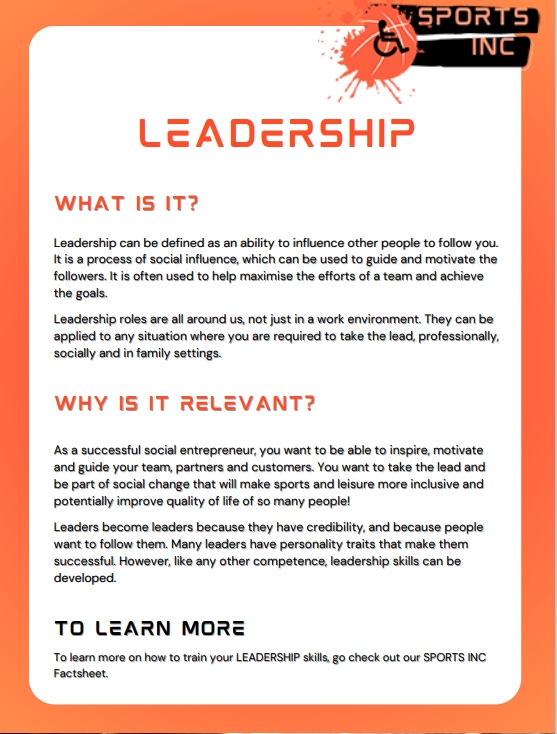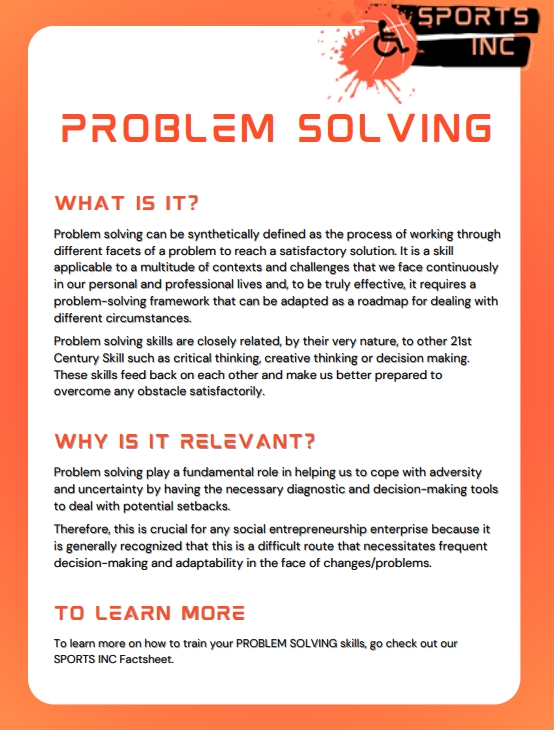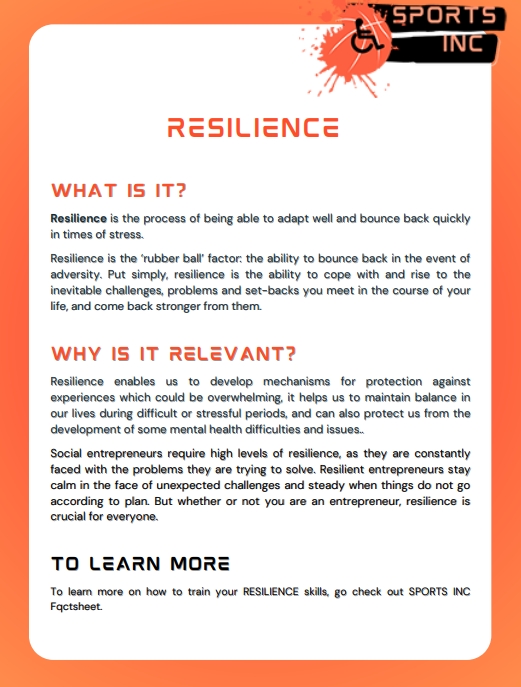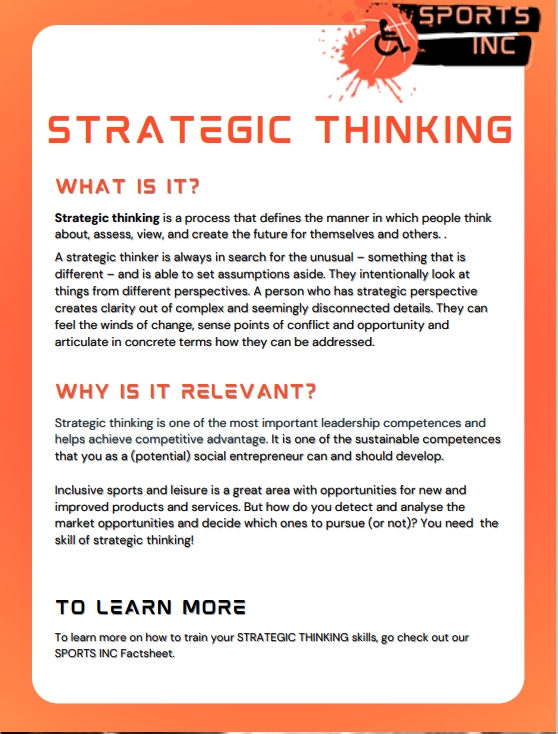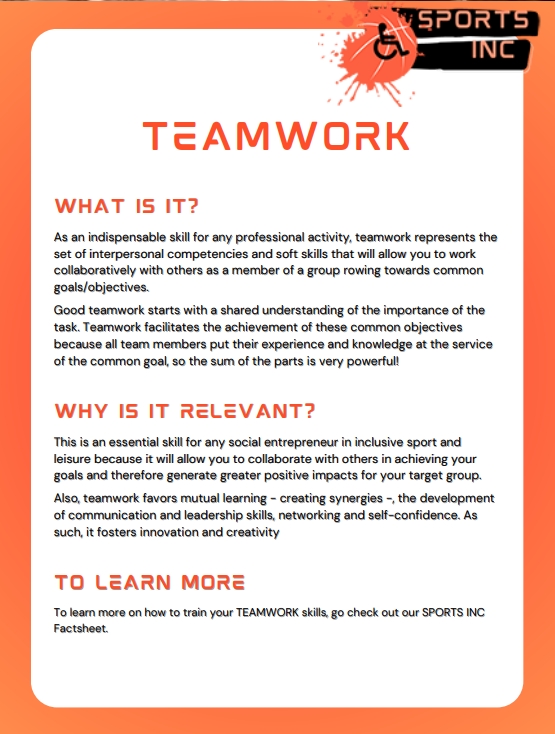PROBLEM SOLVING
We will solve problems or face different types of challenges on a recurring basis throughout our days and careers, so developing good problem-solving skills will provide an important competitive advantage when devising and implementing solutions.
In this sense, problem solving can be synthetically defined as the process of working through different facets of a problem to reach a satisfactory solution. It is a skill applicable to a multitude of contexts and challenges that we face continuously in our personal and professional lives and, to be truly effective, it requires a problem-solving framework that can be adapted as a roadmap for dealing with different circumstances.
A problem-focused mindset can be related to a Solution Focused Approach (SFA). This term, originating from therapy, assumes that the individual is solution-focused, rather than problem-focused, which is a paradigm shift towards a more positive, solution-oriented approach to putting corrective action plans in place, rather than focusing specifically on what barriers, obstacles or challenges are being faced.
To learn more about the essentials of SFA, you can take a look at the following resources:
- https://www.linkedin.com/pulse/develop-solution-focused-mindset-remove-problems-ian-rose/
- Empowering your team through a solution-focused approach – Business News
How do you think this kind of mindset, together with problem-solving skills, could boost your career as a (prospective) social entrepreneur?
PROBLEM SOLVING FRAMEWORK
As aforementioned, in order to develop and be able to apply problem solving skills on a daily basis, it is necessary to rely on the support of a pre-set problem solving framework. That is to say, a strategic roadmap which will help us to identify and explore the problem, and ideate possible solutions for it, and that is applicable to different scenarios and provides a guide to the diagnosis and decision-making required.
Here you have a very easy, straightforward approach to it, but we encourage you to explore further tools to build up your problem solving skills.
- Define the problem:
- What is the real situation to be resolved?
- What is known about it?
- What is not known about it?
- What are its causes?
- What would be the problematic consequences of a failed resolution?
- Reflect on the problem, which means:
- Mash the problem for a while (whenever possible) to look at it from different perspectives. This can be done using creativity techniques such 5Ws & H, or the Six Thinking Hats
- Share the problem with others to gain new insights.
- Gather additional information that may be useful in devising a solution.
- Ideate a suitable solution:
- Applying creativity techniques to carry out an ideation process on possible solutions can be a very appropriate strategy. Think, for example, about brainstorming.
- Evaluate different problem-solving options:
- What is the most viable solution?
- What could be the side effects of each of them?
- Design an implementation plan for the solution according to the constraints of the problem.
- Apply the solution and evaluate the results obtained.
After making the decision and carrying out the problem-solving plan, ask yourself among others the following questions to foster your self-learning process:
- Does the solution to the question/problem/challenge make sense?
- Does it fit with the resolution criteria according to the problem?
- Did I achieve my goals?
- What did I learn by doing this?
- Could I have done the problem another way?
You can find plenty of inspiration on different frameworks to pick up from here:
- 8-Step Framework to Problem-Solving from McKinsey | by Iliyana Stareva | Medium
- What are some tools or frameworks that help you solve complex problems?
- Framework for Problem-Solving: 5 Best Examples for Product Teams
A Three-Step Framework For Solving Problems 👌 | by Lenny Rachitsky | UX Collective
BENEFITS of PROBLEM SOLVING SKILLS
Problem solving plays a fundamental role in helping us to cope with adversity and uncertainty by having the necessary diagnostic and decision-making tools to deal with potential setbacks.
Therefore, this is crucial for any social entrepreneur/enterprise because it is generally recognized that this is a difficult route that necessitates frequent decision-making and adaptability in the face of changes/problems.
Also:
- Problem solving is a driving vehicle for the development of creativity and lateral thinking, as devising solutions fosters innovation and the skills of analysing different opportunities. Therefore, critical thinking can also be boosted, and facilitates decision-making as this competence is trained.
- As we have already pointed out, continuous and strategic problem-solving practice fosters the development of an SFA mindset in the (future) workplace. This is also because facing challenges and succeeding or learning from one’s mistakes promotes a sense of responsibility, self-confidence and entrepreneurship.
HOW TO BOOST YOUR PROBLEM SOLVING SKILLS
As in the case of creativity, critical thinking or teamwork, problem-solving skills themselves can be trained and improved like a muscle.
There is no better way to expand your knowledge and skills than by exercising them – every new challenge or obstacle to overcome is an important learning opportunity!
Here are a few brief tips that may be useful for this purpose:
- As always, the first step in developing your problem-solving skills is to spend time reflecting on self-knowledge and self-assessment. Try to identify your weaknesses and draw up action plans to strengthen them. If necessary, you can ask for feedback from those who know you well to identify these areas for improvement.
- You may also want to spend some time exploring different problem-solving approaches or methodologies that align with your business vision and preferred leadership style. So that, when faced with a new (potential) problem, you have the resources and action plan to address it effectively.
Keep in mind that you may need to adapt or re-adjust your problem-solving framework as you become more advanced and expert.
- You can employ simple gamification elements to test your problem-solving skills during your free time. For example, you can use serious online games such as scape rooms to develop lateral and strategic thinking.
ADDITIONAL RESOURCES
- Why choose a Solution Focused Approach? | Actualités | Grenoble Ecole de Management – en
- 4 steps to successfully create a solution focused culture – By Dan Fenwick – SERVICE IN INDUSTRY HUB
- Got problem? Think solution. | Enyinne Owunwanne
- (PDF) Experience with entrepreneurship learning using serious games

